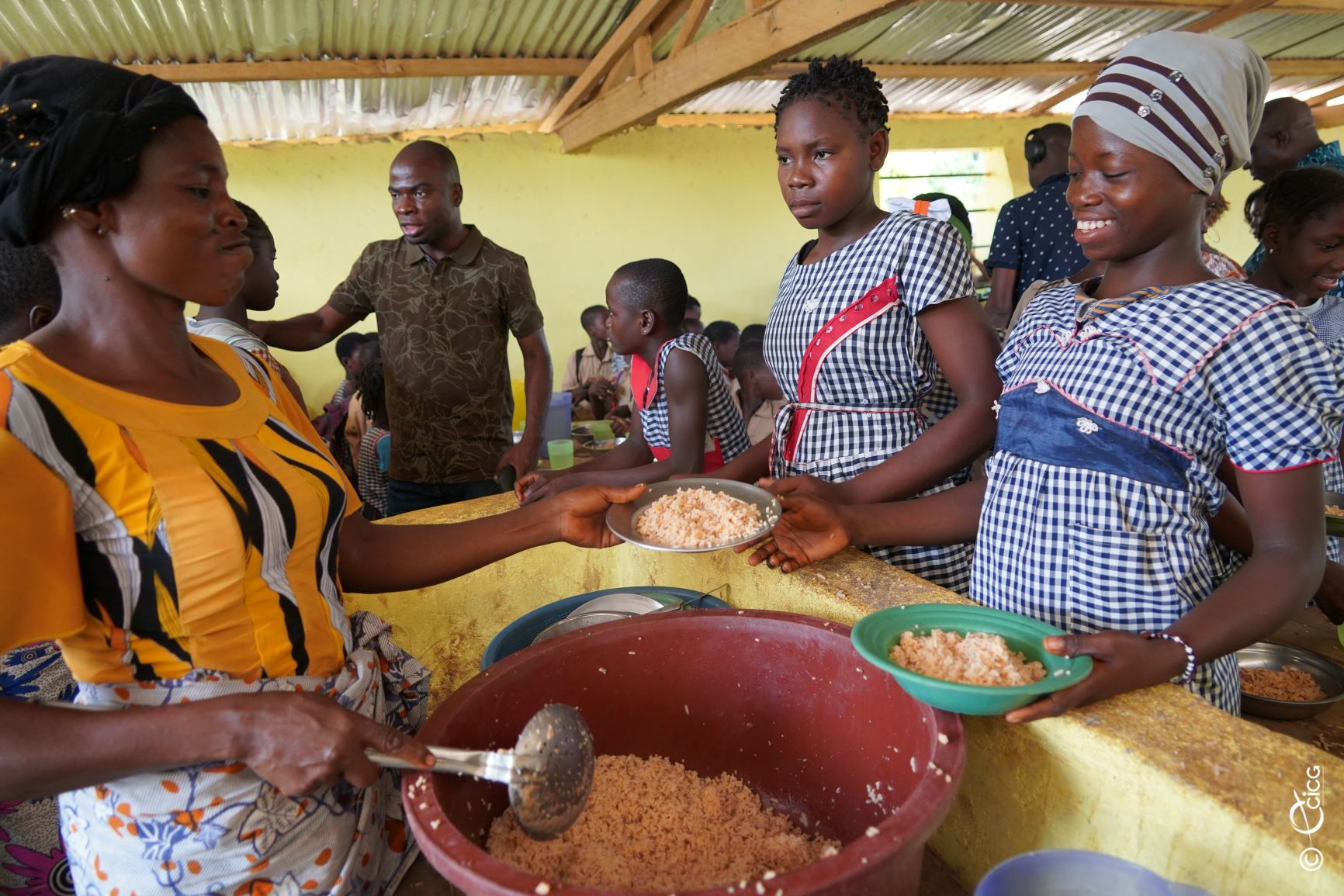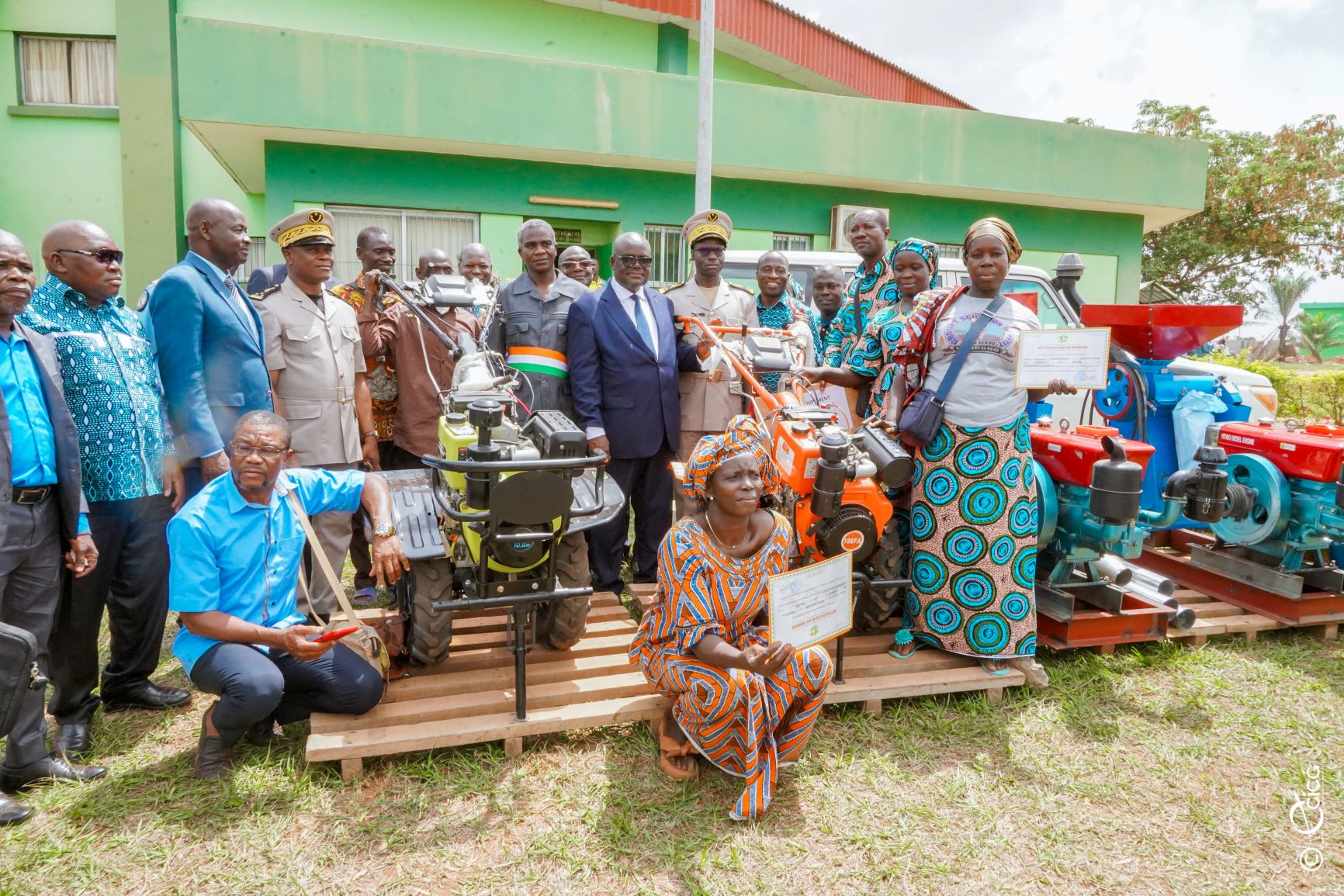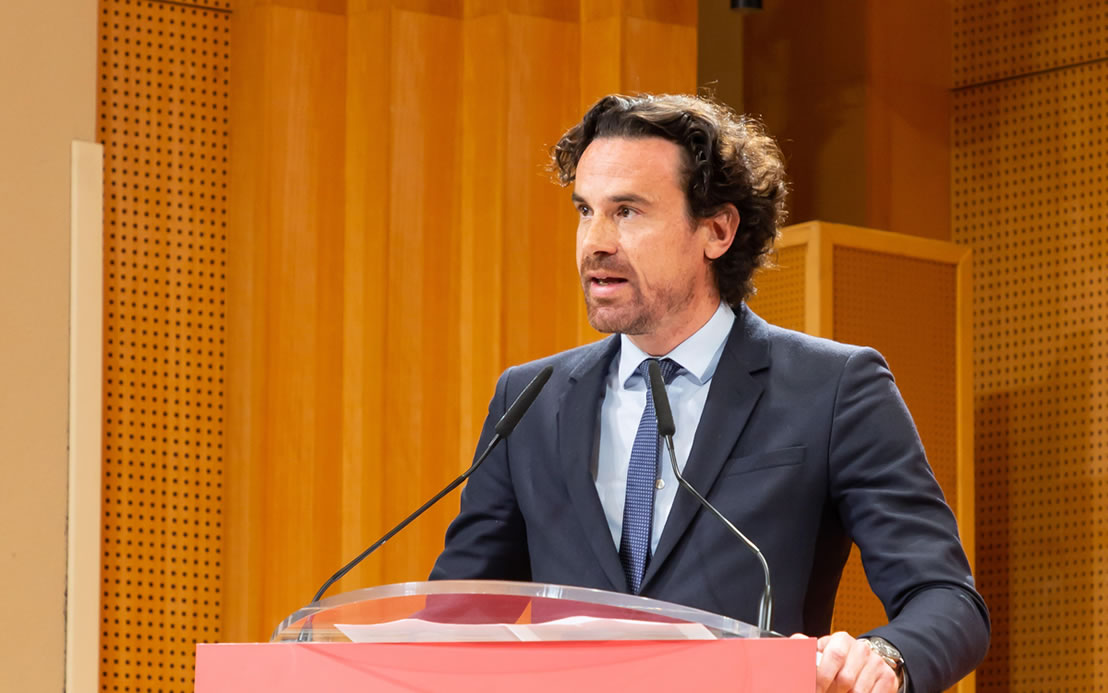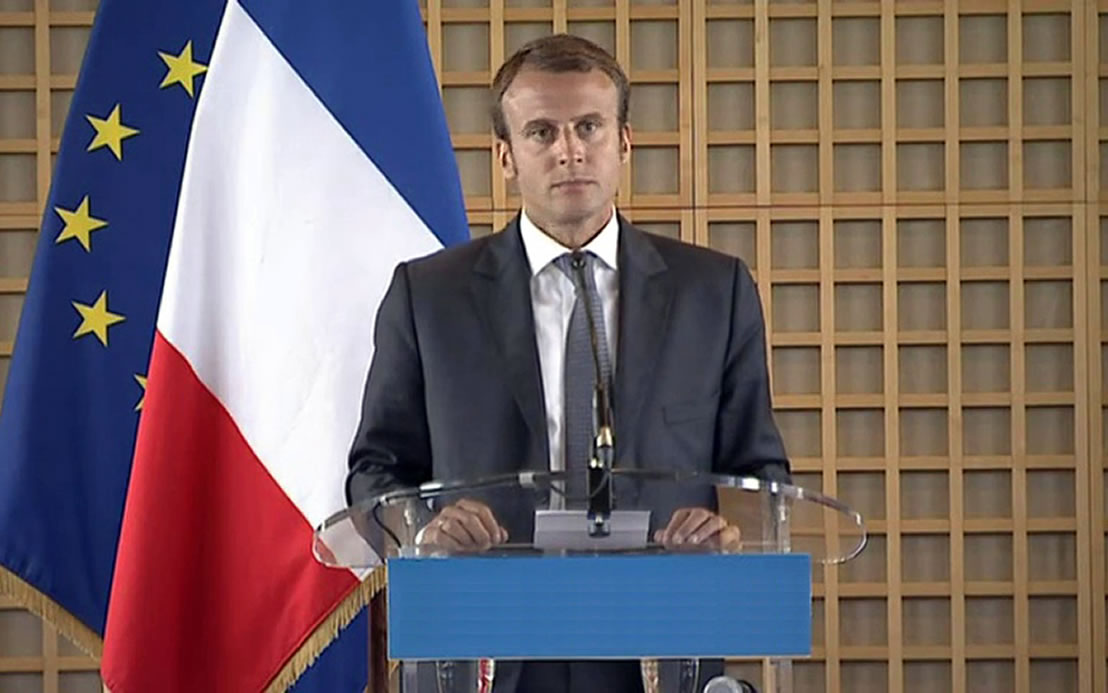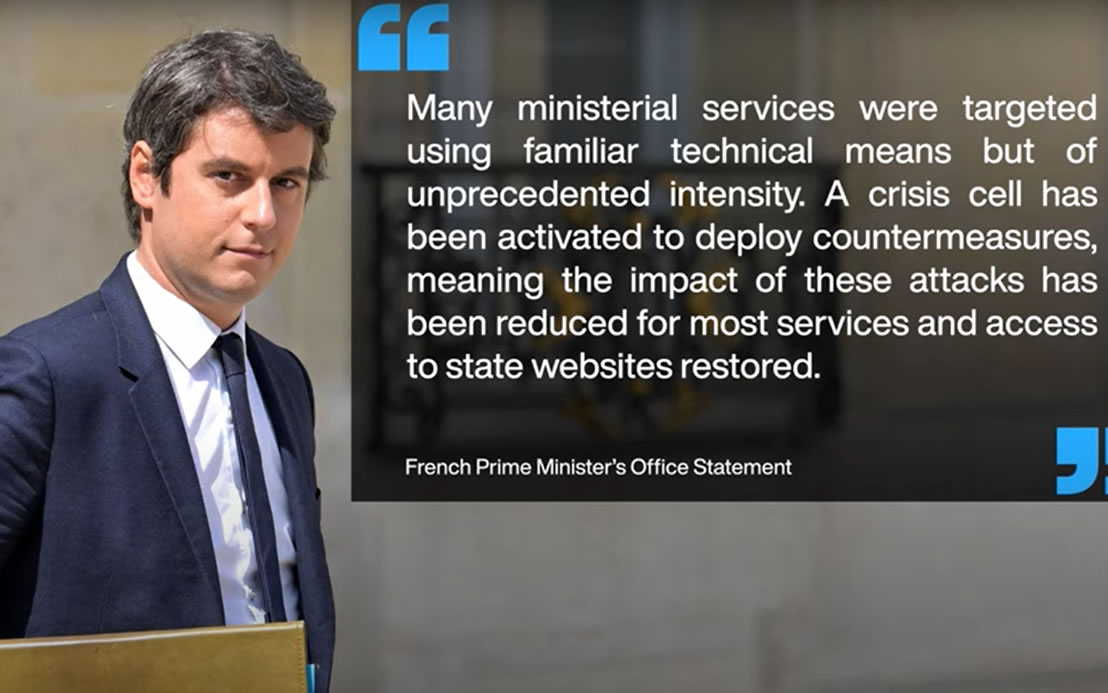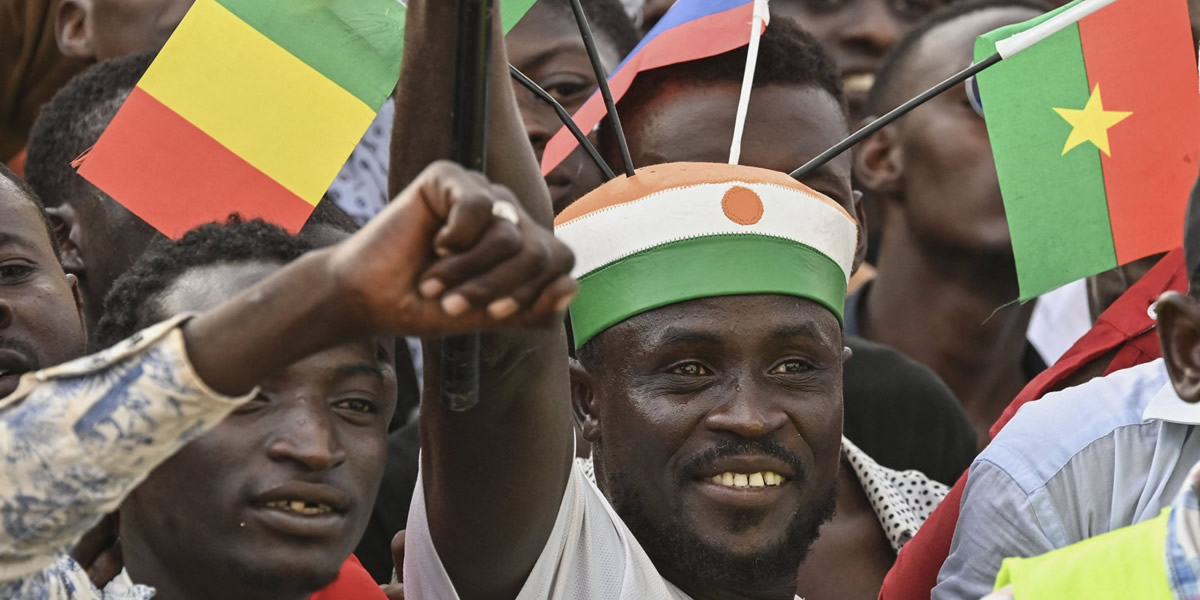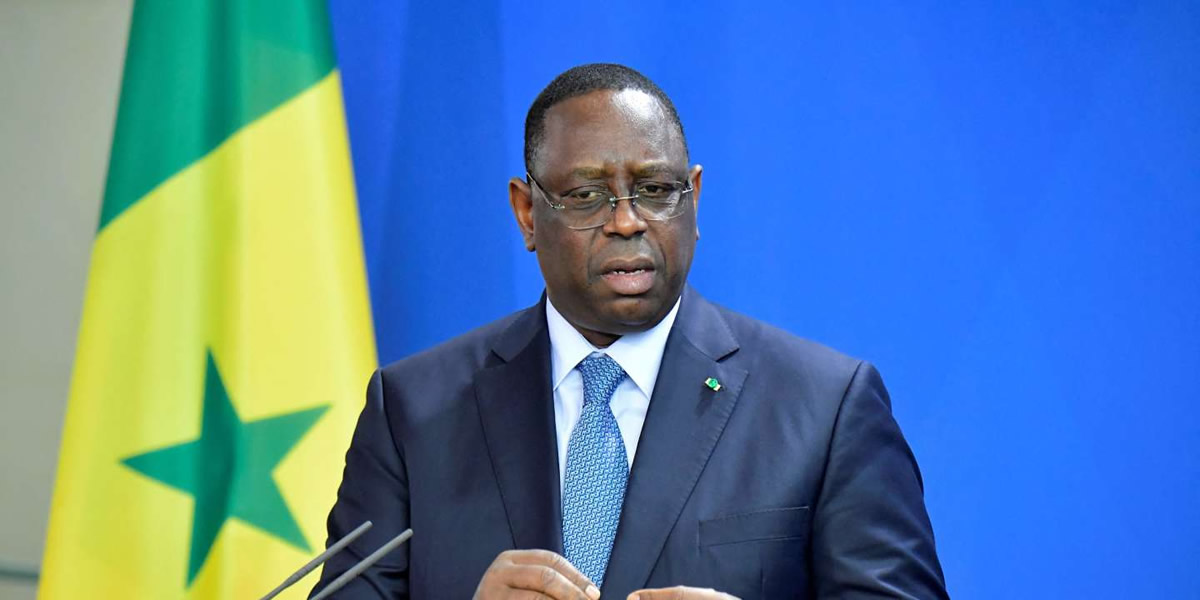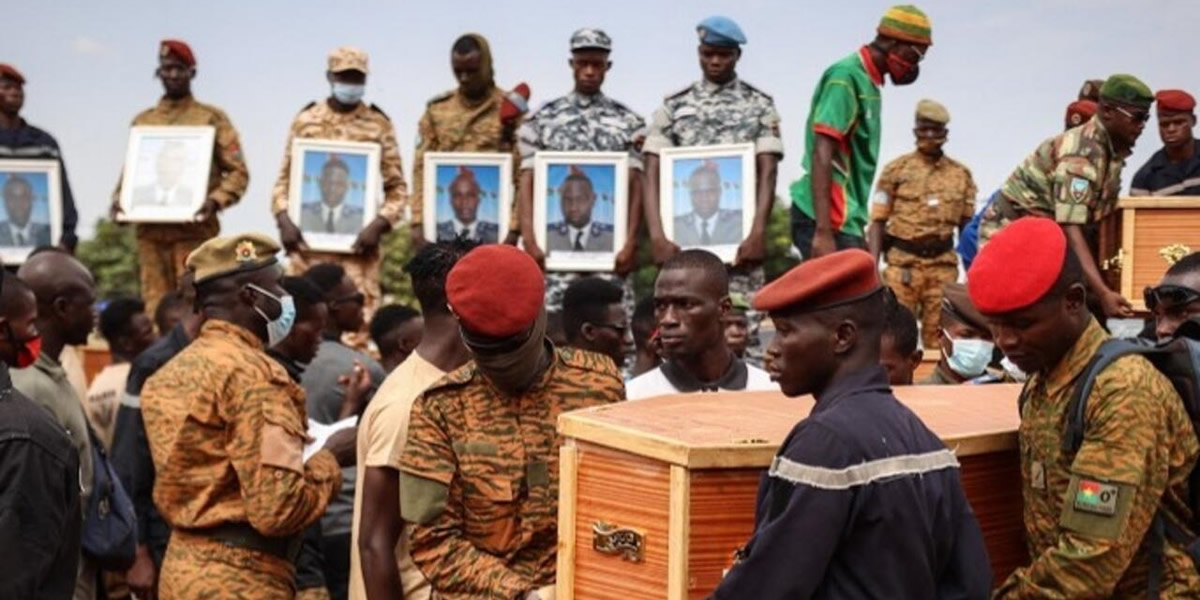Synopsis
The escalation of violence in the Democratic Republic of Congo (DRC) has displaced 237,000 people since January 2025, aggravating one of the world’s most underreported humanitarian crises. This article explores how these developments impact Ivory Coast and the broader African continent, particularly regarding regional stability, humanitarian aid, and socio-economic dynamics. Key concerns include the strain on resources, implications for migration, and how these crises shape Africa's international relations.
Top Ten Concerns
- Growing displacement crisis in DRC
- Regional instability affecting Ivory Coast
- Limited humanitarian access in conflict zones
- Resource strain due to displaced populations
- Human rights violations in North and South Kivu
- Impact of conflict on Africa’s socio-economic landscape
- Forced recruitment and violence against civilians
- Funding gaps in humanitarian appeals
- Spillover effects on neighboring African nations
- Increased migration and border pressures
The ongoing violence in the Democratic Republic of Congo (DRC) continues to worsen, displacing over 237,000 people since early January 2025. This humanitarian crisis, characterized by escalating clashes between armed groups and the Congolese army, reverberates far beyond the DRC's borders. In Africa, particularly in Ivory Coast, the impacts of such crises are deeply felt, affecting regional stability, migration patterns, and socio-economic conditions.
The impact of DRC displacement on Ivory Coast and Africa has become a pressing concern, calling for a united response to address the challenges posed by this escalating crisis.
1. Understanding the Crisis in the DRC
The renewed violence in the DRC, particularly in North and South Kivu provinces, has led to widespread displacement and human rights abuses. Armed groups like the M23 have seized strategic territories, intensifying conflicts and forcing civilians to flee. This not only exacerbates an underfunded humanitarian crisis but also creates ripple effects that extend to Ivory Coast and across Africa.
2. Implications for Regional Stability
The displacement of hundreds of thousands of people from the DRC disrupts neighboring nations, with refugees crossing borders into countries already grappling with their challenges. For Ivory Coast, a stable and growing nation in West Africa, this crisis raises concerns about potential migration pressures and the risks of regional instability.
3. Humanitarian Strain and Limited Resources
Humanitarian access in the DRC remains severely constrained due to insecurity. This lack of access impacts the ability to deliver essential aid, including shelter, food, and medical care. For Africa as a whole, and particularly for nations like Ivory Coast that contribute to regional stability, these strains highlight the continent's limited capacity to address large-scale crises.
4. Socio-Economic Challenges for Africa
The DRC's conflict directly influences Africa’s economic landscape. The disruption of trade routes, displacement of labor forces, and focus on emergency relief divert attention from long-term development. For Ivory Coast, this translates into missed opportunities for regional cooperation and economic growth.
5. Human Rights Violations and Vulnerable Populations
Civilians, including women and children, bear the brunt of the violence in the DRC. Reports of sexual violence, forced recruitment, and indiscriminate shelling in populated areas underscore the urgency for action. These atrocities challenge African nations to advocate for human rights while addressing their internal vulnerabilities.
6. Funding Gaps and Africa’s Response
The UNHCR’s appeal for $226 million to aid the DRC crisis remains largely unmet, with less than 10% funded. African nations, including Ivory Coast, face the dual challenge of addressing local issues while contributing to regional humanitarian efforts.
7. Migration Pressures and Policy Implications
The displacement crisis in the DRC poses potential migration challenges for Ivory Coast and other African nations. Governments must balance compassionate refugee policies with the socio-economic realities of accommodating displaced populations.
8. Collaborative Solutions for Africa
Africa’s interconnectedness demands collaborative approaches to crises like the DRC conflict. Initiatives such as the African Union’s peacekeeping efforts and regional economic partnerships are crucial in mitigating the far-reaching impacts of such violence.
9. Addressing the Root Causes of Conflict
For long-term stability, Africa must address the root causes of conflicts in the DRC, including resource exploitation and political instability. This involves fostering governance reforms and promoting sustainable development across the continent.
10. The Role of Ivory Coast in Regional Leadership
As a growing economic power, Ivory Coast has the potential to play a pivotal role in addressing regional crises. By advocating for peace, supporting displaced populations, and contributing to collaborative efforts, the nation can help shape a more stable and prosperous Africa.
The impact of DRC displacement on Ivory Coast and Africa underscores the interconnected nature of the continent’s challenges. Addressing this crisis requires a holistic approach that combines immediate humanitarian relief with long-term strategies for peace and development. For Ivory Coast, this is an opportunity to lead by example, demonstrating solidarity and resilience in the face of regional adversity.






